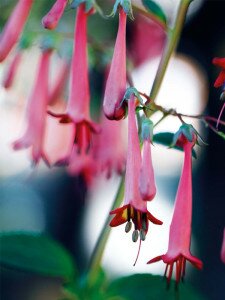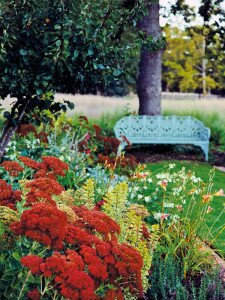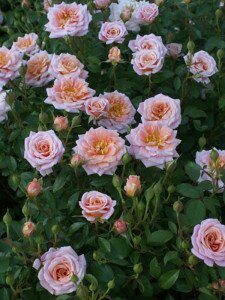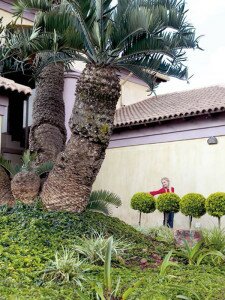-
Be An Eco Friendly Gardener
Gardening smart can reduce your carbon footprint
21 February 2015
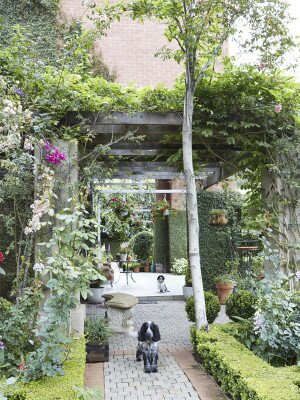
Make Your Own Compost
Home composting simply and effectively benefits your garden and the environment. It enables you to:
- Re-use and recycle waste that would otherwise be thrown away.
- Avoid sending organic waste to landfills, thereby assisting in reducing the amount of methane gas produced when wet waste decomposes in a landfill.
- Assist in reducing the carbon emissions created in transporting waste to landfills.
- Reduce the need for chemical fertilisers and pesticides, as home compost makes your plants healthier and helps them build a stronger immune system.
Re-use And Recycle
South Africans produce 540 million tonnes of waste per year, 70 to 80% of which could be recycled. By recycling your waste you are not only conserving natural resources, but you are also, in a small but significant way, creating a positive impact on global climate change. Recycling also helps to conserve our coal-produced energy, thereby reducing the amount of CO2 released into the atmosphere. Creating new products from recyclables rather than raw materials uses less energy in the manufacturing process.Enrich The Soil With Organic Matter
Soil is the ultimate carbon sink. It contains organic matter derived from plants, animals, fungi and bacteria. About 60% of organic carbon in the soil occurs in a form that binds tightly to clay particles and cannot easily be dislodged. Soil enriched with organic matter can store large amounts of carbon for a very long time; it’s also more fertile and holds more water.Cover The Soil
Plants trap carbon in their tissues and increase the amount of organic matter (carbohydrates) that can return to the soil. On the other hand, bare soil is exposed to the air and the warmth of the sun, which results in the breaking down of organic matter in the soil and the release of carbon dioxide into the atmosphere. So either plant water-wise groundcovers or put down a layer of organic mulch, such as pine needles, bark chips, peach pips, or partly decomposed compost.Avoid Chemicals
Chemicals have a significant carbon footprint as a result of the raw materials from which they’re made and the energy consumed during their manufacture and transportation.Use Natural Products
Organic products actually return carbon to the soil in the form of carbohydrates, so carbon-conscious gardeners use organic compost, soil conditioners, lawn top dressing, mulches and organic pesticides.Invest In A Shredder
This is an essential tool for carbon-conscious gardeners. Use it to shred fallen leaves, garden clippings and pruning to make a mulch, or add it to your compost heap.Avoid Digging Over The Soil
This tends to dry the soil, thereby breaking down organic matter and releasing CO2 into the atmosphere. Minimum tillage conserves organic matter, stabilises the soil structure and reduces erosion while increasing levels of organic carbon in the soil.Keep Lawn Clippings And Fallen Leaves
Leave grass clippings on the lawn so that they return nutrients to the soil as they decompose. Alternatively, put them on your compost heap. Fallen leaves can also be used as a mulch or compost.Text and image: Home






